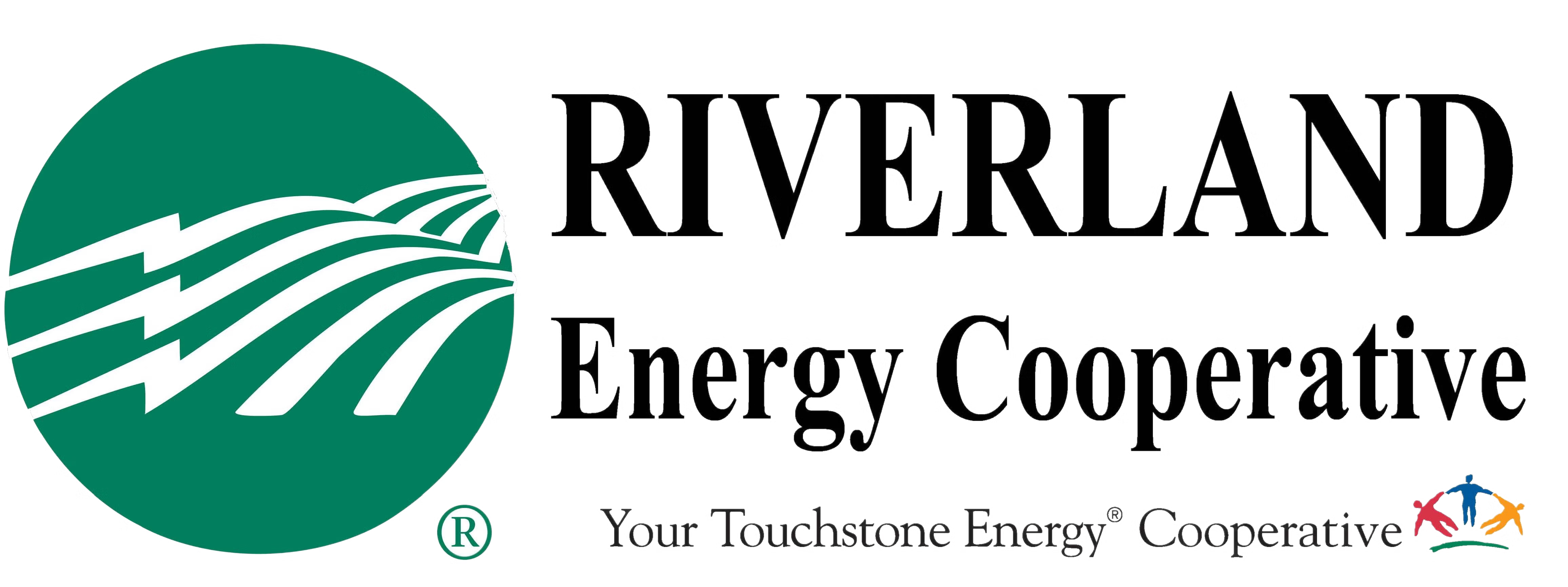Effective May 1, 2024
| Service Charge | $1.38/day |
| Energy Charge/Credit | Applicable rate the member is on. Excess kWh produced in a month will be credited monthly at avoided cost, plus an additional credit for demand reduction. |
Demand Charge 6 a.m. - 9 p.m., 7 days/week | $1.00/kW Max kW is bidirectional. |
| Excess Energy Charge/Credit | Avoided average monthly peak cost as determined by DPC, plus demand adder credit as determined by REC. Adder evaluated on an annual basis. |
Most members with DG systems such as solar, use the electric cooperative’s grid to buy power during times when their DG system is not producing enough power to meet their needs and sell power to their electric cooperative when their system may be producing more electricity than is needed.
Any DG system is required to have one meter with two registers installed to record the power flow in each direction. The first register will measure usage when the member is purchasing power from Riverland Energy. The second register will measure usage when the member is producing more power than is required and is put back onto the Riverland Energy system.
This excess energy produced by the DG system is stored on Riverland Energy’s system as your battery. The excess kWh’s are stored on the system for you to use throughout the month. Any excess kWh’s left at the end of the month, are paid out based on the average monthly peak avoided cost of Dairyland Power Cooperative, our power supplier.


